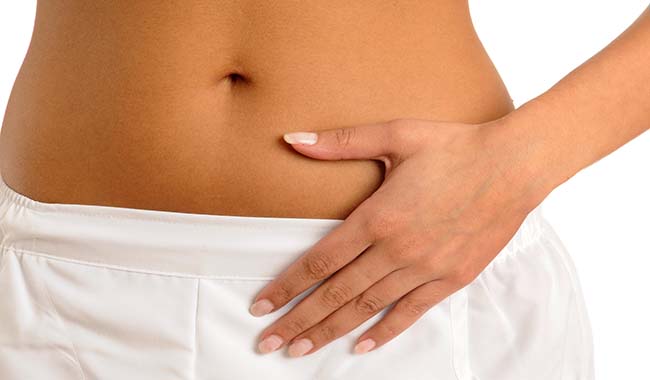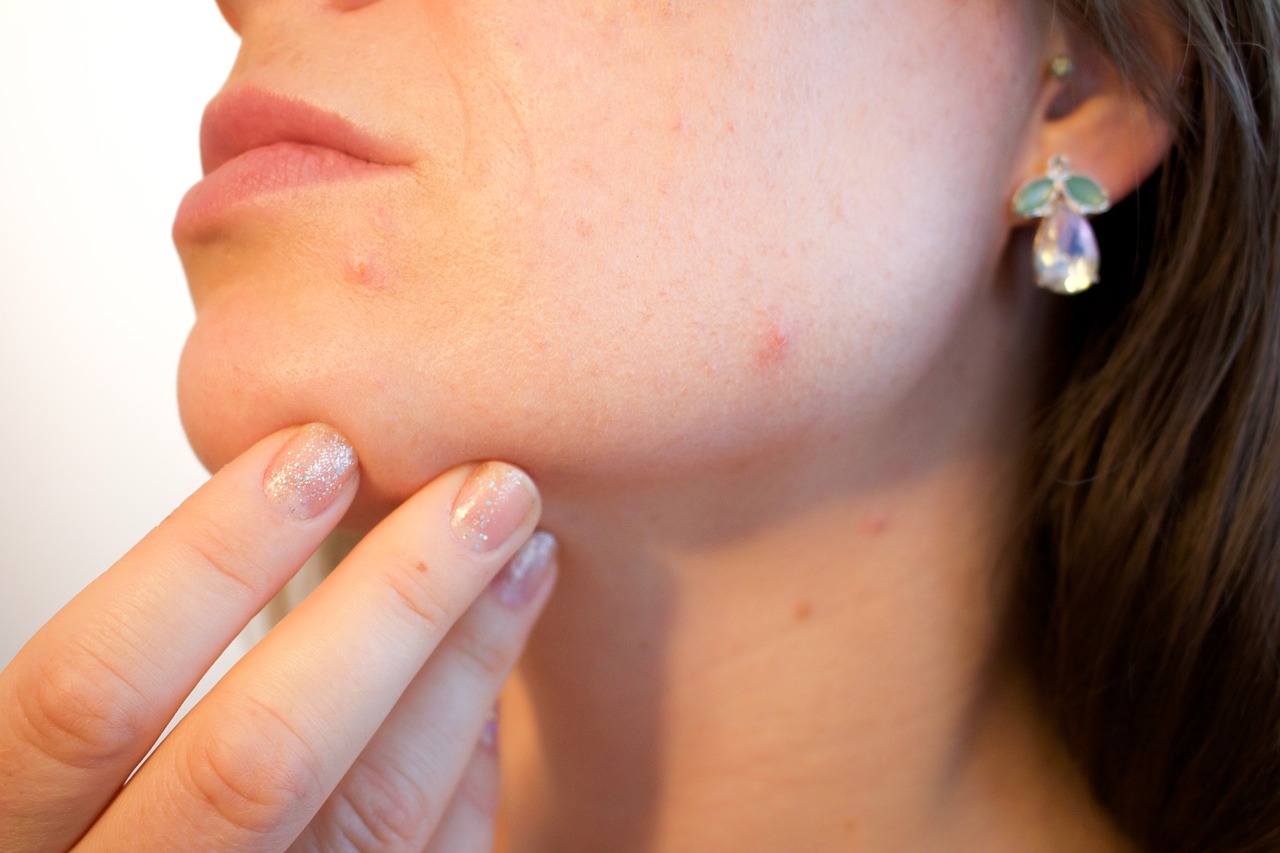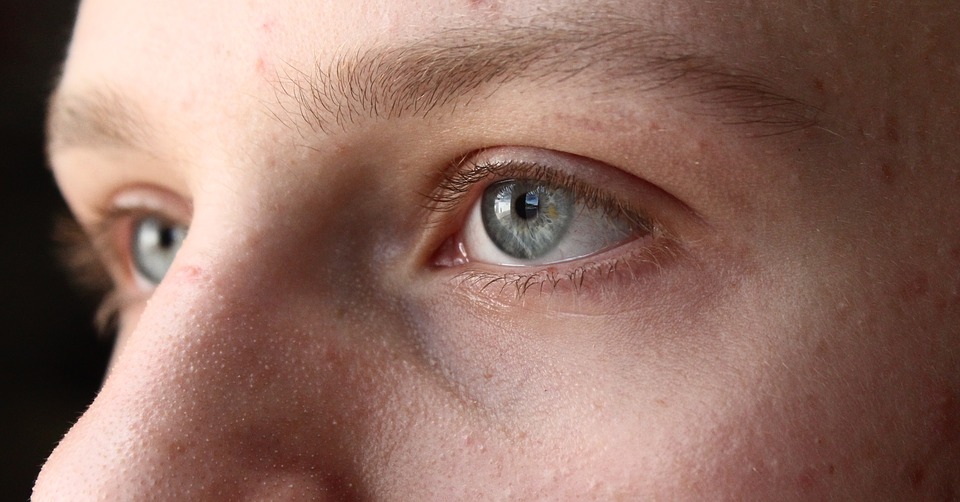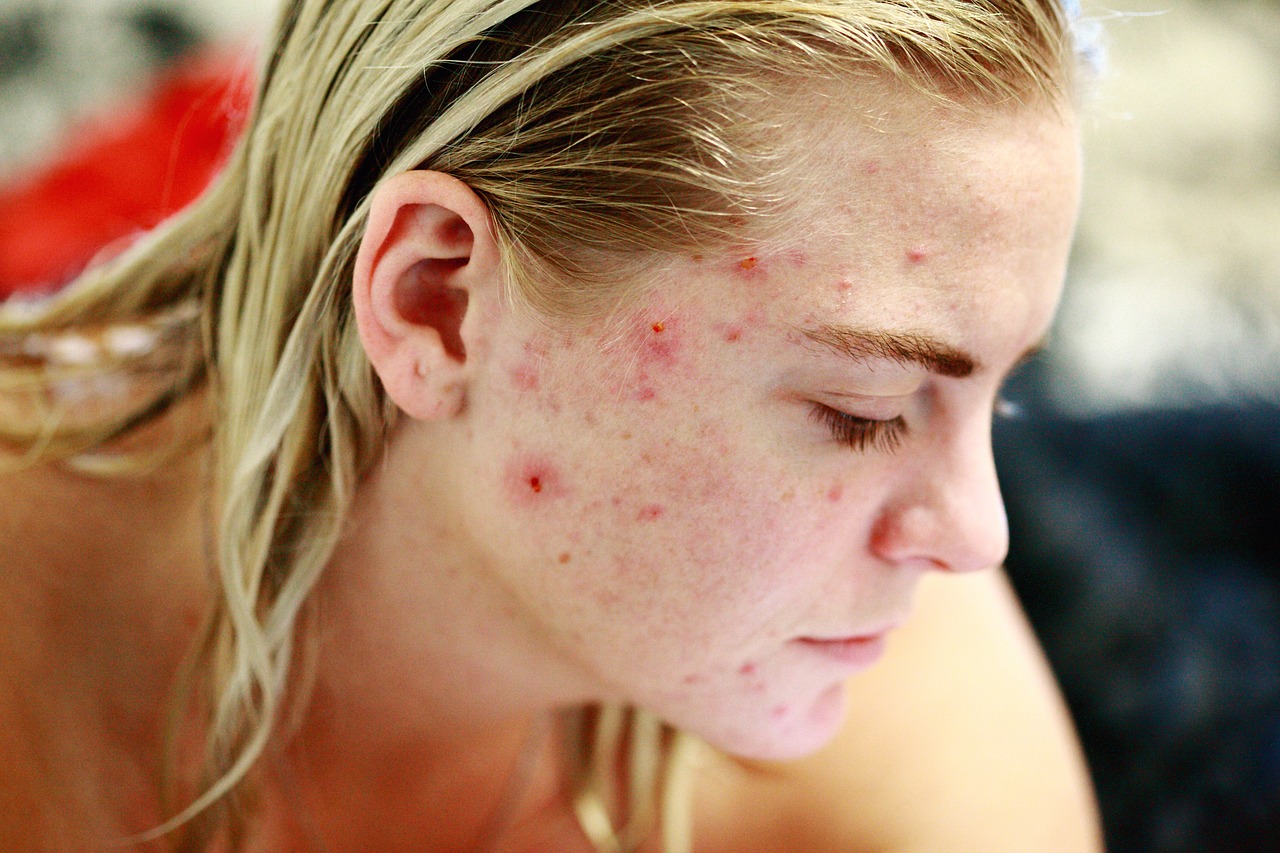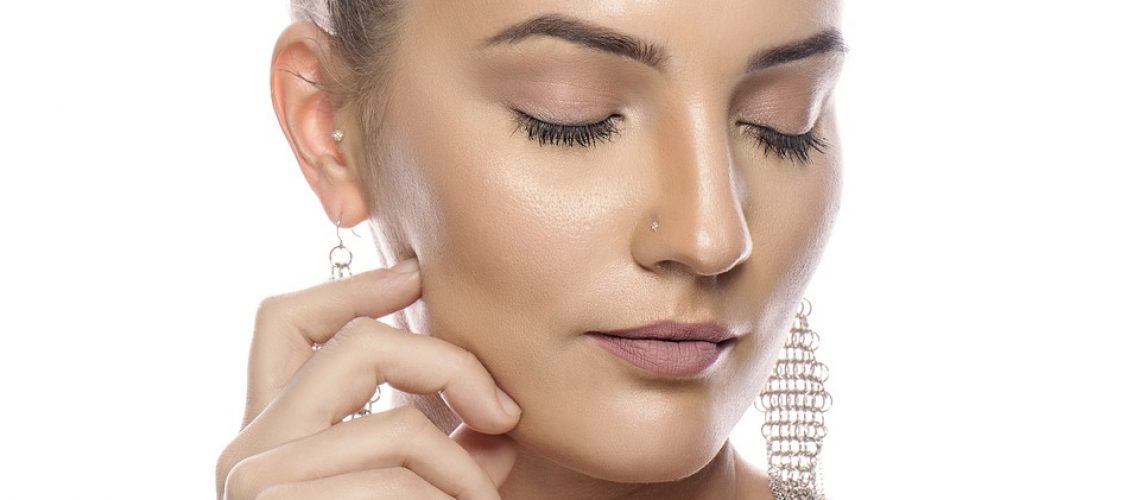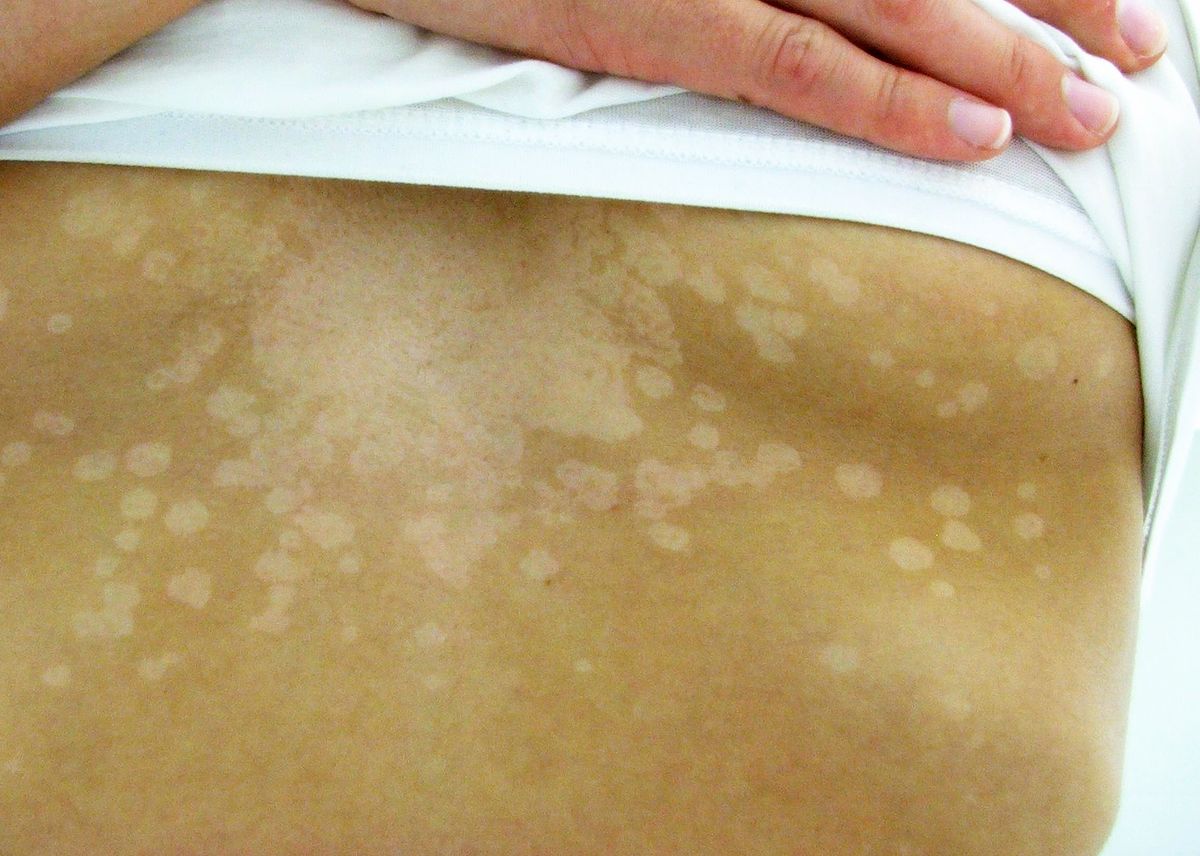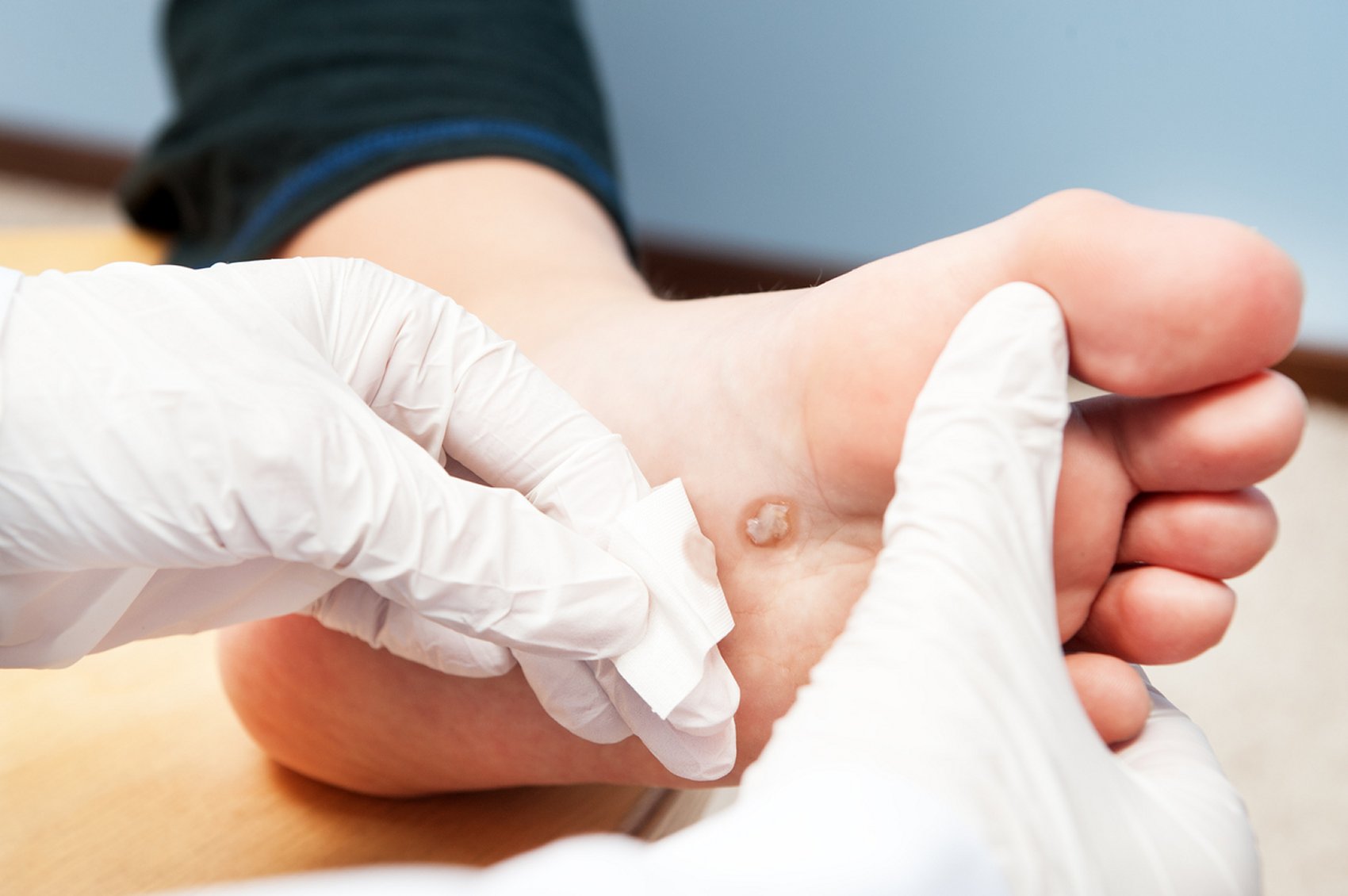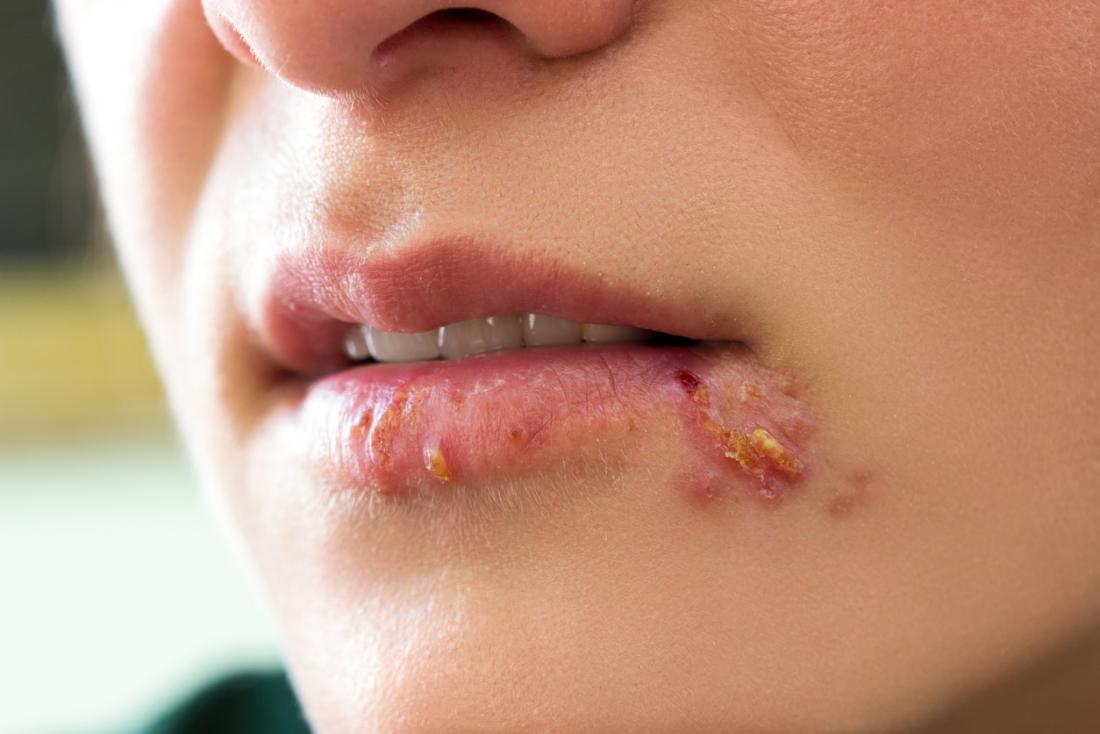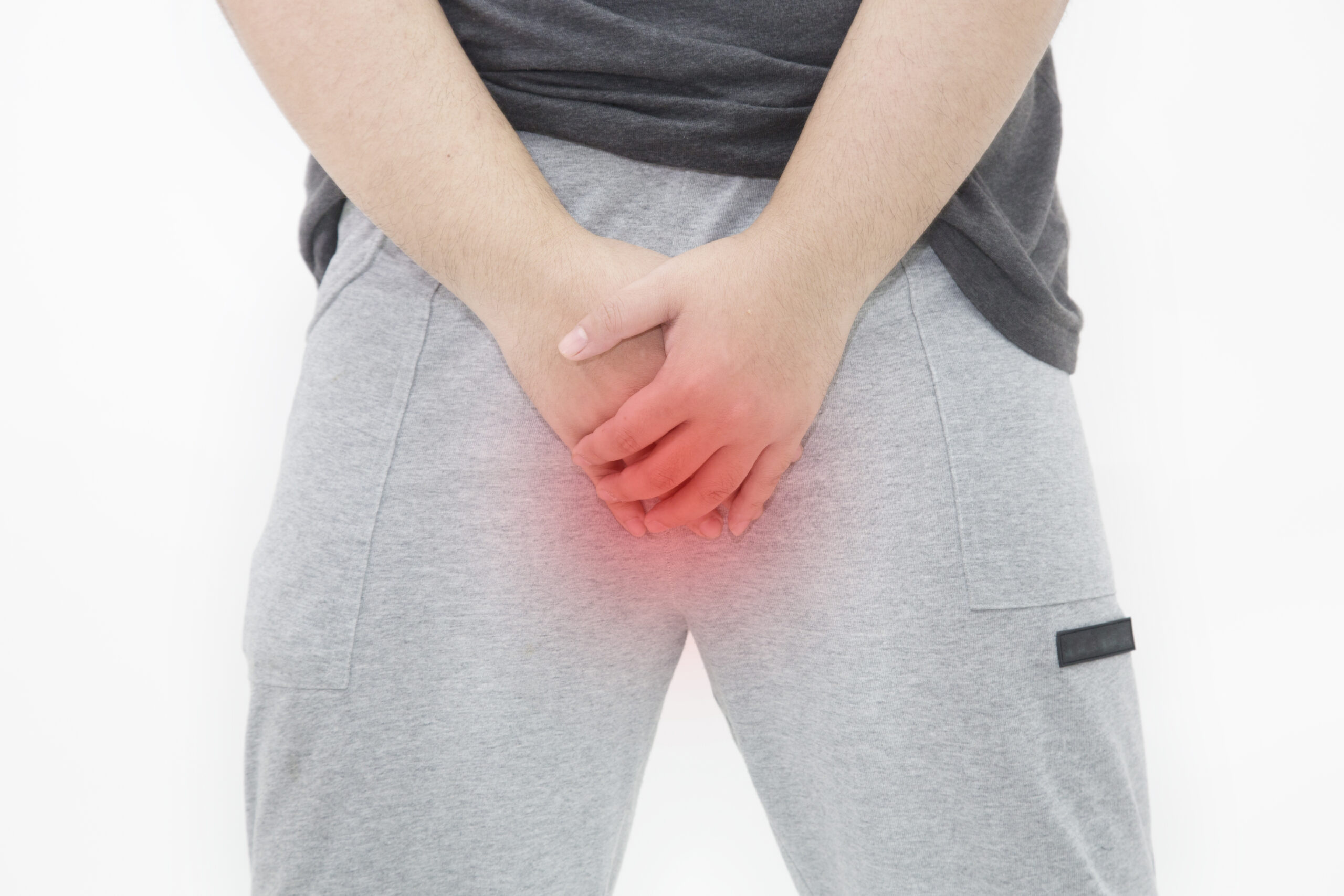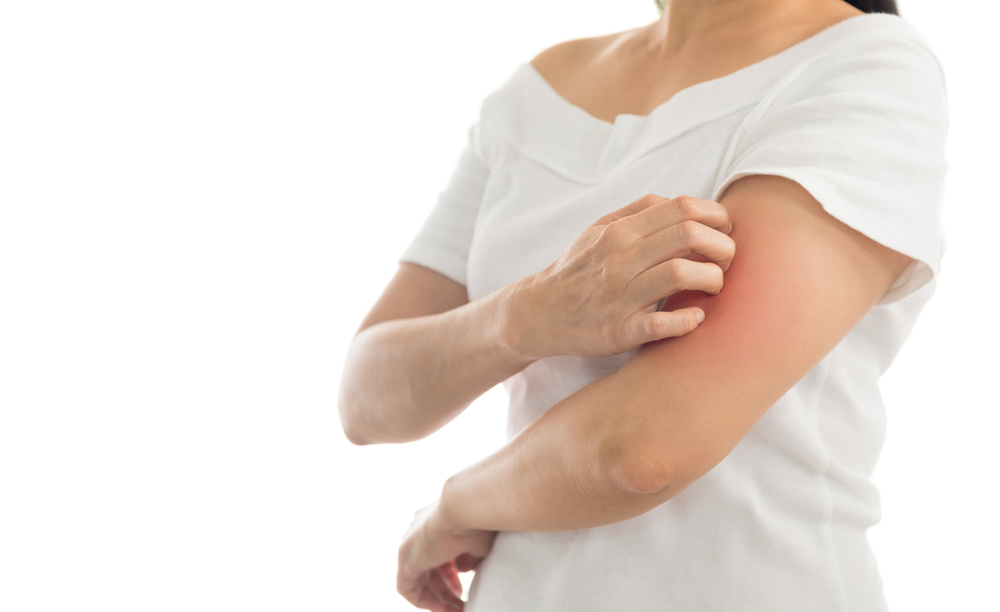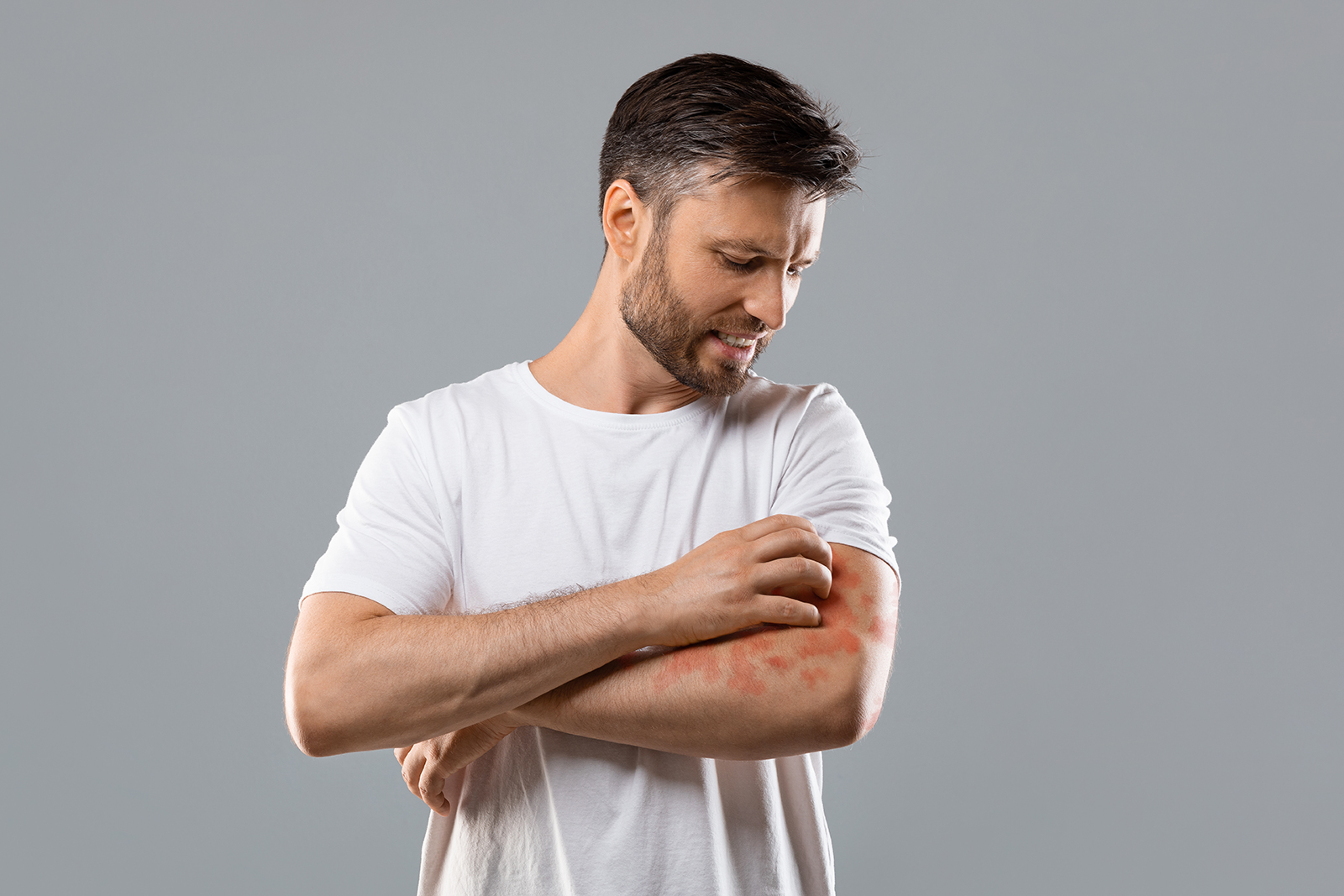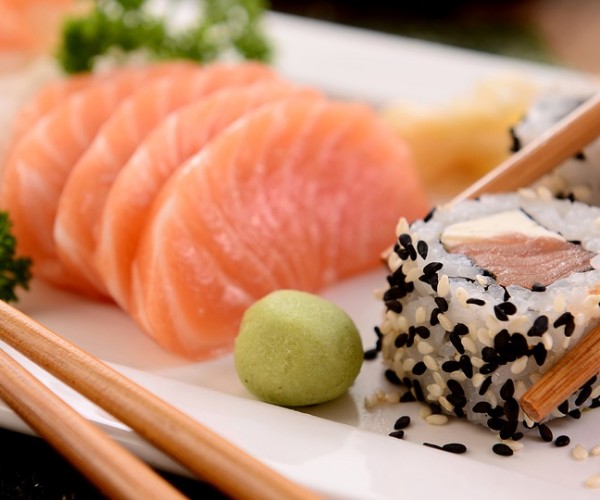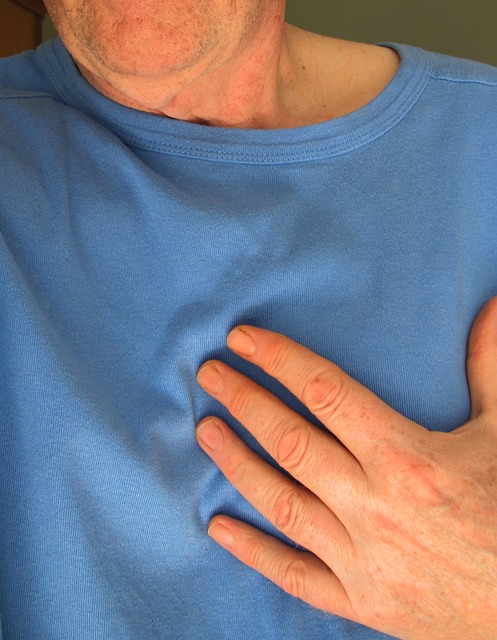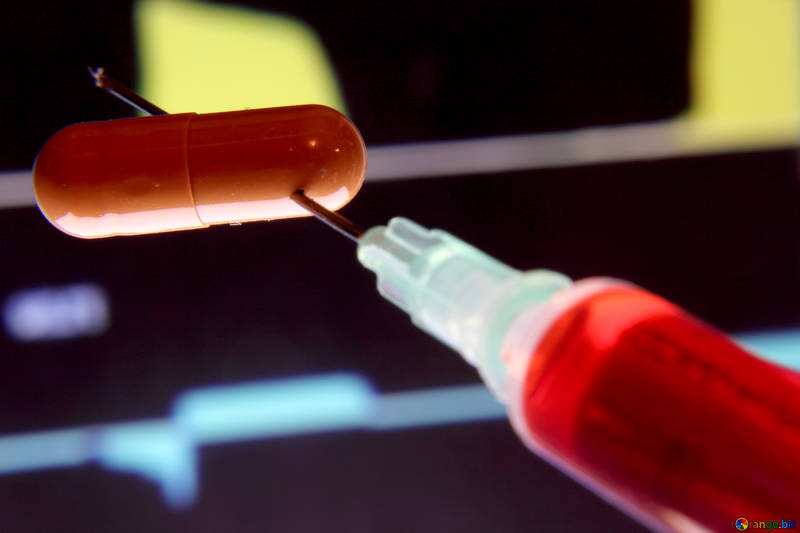The skin is our largest organ and the body’s first line of defense against viruses, bacteria, chemicals, pollution and environmental factors. It performs essential functions such as regulation of body temperature and sensation, regeneration and storage of nutrients in its cells that migrate into the blood vessels when needed.
Products and treatments are certainly helpful in keeping it in good condition, but what really preserves and supports its structure, health and optimal function are the vitamins, minerals and other nutrients we can provide through the foods we consume.
The most important micronutrients for healthy skin are antioxidants found in fruits, vegetables, and raw cocoa, and are part of it in addition to bioflavonoids, vitamins A, C, E, and minerals such as selenium. But for our skin also needs B vitamins, zinc, copper, silica not to forget essential fatty acids and sources of protein and vitamin D that we get from exposure to sunlight (of course not prolonged).
Antioxidant compounds help reduce the effects of environmental damage caused by sun exposure and pollution by protecting the skin from free radicals, unstable molecules that can damage cells and accelerate the appearance of signs of aging.
Be sure to enrich your diet with sources of vitamin A and carotenoids found in carrots, pumpkin, sweet potatoes, green leafy vegetables, red peppers, tomatoes, apricots, mangoes and peaches. Vitamin A can slow skin cell turnover and increase collagen deposition, slowing its depletion associated with aging.
Vitamin C in which peppers, kiwis, strawberries, oranges, papaya, broccoli, tomatoes, peas, and cabbage are rich is known to be a powerful antioxidant that not only protects the skin from free radical damage, but is also necessary for the collagen production, a structural protein that, together with elastin and keratin, gives the skin structure and elasticity.
Almonds, hazelnuts, sunflower seeds, spinach, avocados, sweet potatoes, wheat germ and green leafy vegetables, on the other hand, are sources of vitamin E, another essential nutrient for producing collagen because it acts together with vitamin C to stimulate its formation. It is also one of the main antioxidants in the skin and protects cell membranes from damage from UV rays and environmental toxins.
And another of the important antioxidants is selenium, found in brazil nuts, wheat germ, bran, brewer’s yeast, onions, and broccoli, which helps maintain skin elasticity.
Whole grains, dried fruits, oilseeds, and leafy green vegetables are all sources of B vitamins, which are crucial in fighting free radicals. B2 is very useful in dry skin, B3 stimulates collagen synthesis, helping to keep the skin hydrated and elastic, B6 regulates sebum production, and B5 and B8 are essential for skin hydration.
And some of the minerals such as zinc, copper, and silica are necessary for cell renewal, formation of skin structure, and nourishment and protection of skin cells. Legumes, whole grains, cocoa, miso, nutritional yeast, broccoli, and green beans are sources of zinc while copper can be found in sesame seeds, sunflower seeds, cashews, mushrooms, tempeh, chickpeas, lentils, walnuts, and green leafy vegetables. In contrast, bananas, oats, leeks, green beans, wheat, and brown rice are sources of silica.
One of the main components of cell membranes are essential fatty acids that keep them elastic and hydrated, reducing dryness and leaving the skin looking smoother and plumped. Chia and flax seeds, walnuts, green leafy vegetables, hemp seeds, algae and vegetable oils are rich in it. And don’t forget to include plant sources of protein in your meals such as legumes, nuts, seeds, seaweed, green leafy vegetables and whole grains. The major structural proteins in hair, skin, and nails such as collagen, elastin, and keratin all contain different combinations of amino acids, and some of these are essential, which means they must be obtained from the diet because our bodies cannot self-produce them.
All these foods that are sources of nutrients for our skin as well as being eaten with gusto can be used for DIY beauty treatments. You can make a face mask by mixing avocado pulp, cocoa powder and turmeric or papaya pulp, coconut yogurt and turmeric to moisturize, soften and make the skin glow. Create a body scrub with ground oats, olive oil and sugar or ground coffee, cocoa powder and coconut oil to give softness. And for hair care, massage in a couple of tablespoons of coconut or avocado oil, leaving overnight, then rinsing in the morning with shampoo.
Source: Crudostyle




